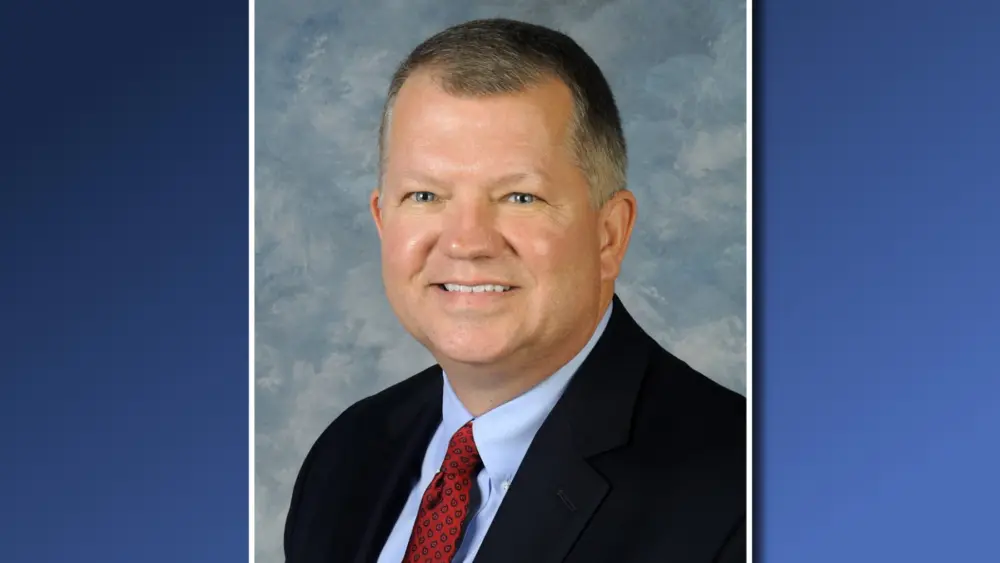
FRANKFORT – When the General Assembly passes a new law cracking down on criminal behavior, there is an informal question legislators must first address: Is this someone we’re mad at, or someone we’re afraid of? It’s an important distinction.
Those we’re afraid of, so to speak, need to be removed from society for a long time, but those we’re mad at need a path forward that helps them re-integrate into private life when their punishment is finished.
For more than a decade now, the Kentucky House of Representatives has put its bipartisan support behind two bills that would ease this transition. Under the first proposal, we would give voters the chance to approve a constitutional amendment that would automatically restore voting rights to most felons after they complete their sentence, including probation and parole.
This would not include those convicted of murder, sex-based crimes or bribery tied to an election. Currently, voting rights can only be restored by the governor, and the leniency in these cases can change from administration to administration. Iowa is a good example of how extreme this can be. In 2005, the governor at the time broadly restored voting rights through an executive order, but that was reversed by the next governor in 2011. Kentucky’s rules in this area are arguably the toughest among the 50 states, although the restrictions across the country vary significantly.
Two states even allow prisoners to vote, while many others restore voting rights automatically once those leaving prison are on probation or parole. Those with rules closer to Kentucky’s require waiting periods or restore voting rights only to those within select groups of offenses. The Sentencing Project, a national organization dedicated to this cause, estimates that nearly six million Americans are prohibited from voting.
Nearly 300,000 live in Kentucky, and about two-thirds have served their sentence completely. Because constitutional amendments can only be on the November ballot in even-numbered years, the House will try again in 2016 to see if a compromise with the Senate can be reached. One initially seemed close last year, but the gulf between the two chambers proved to be too wide. In the other legislation the House has approved repeatedly to help those who have completed their punishment, many of those convicted of a Class D felony would be eligible to have their record expunged.
This is something already possible in cases involving misdemeanors and violations. Like the voting rights initiative, this bill sets certain parameters. First, it would require at least a five-year waiting period at the conclusion of the person’s punishment, and the conviction would still be accessible when otherwise required by state or federal law. The prosecutor’s office also would have to be notified; there cannot be a separate felony on record; and those convicted of a sex-related offense or who harmed a vulnerable adult or a child would not be eligible.
It’s estimated that nearly 175,000 Kentuckians could benefit from this change. Many are still having a difficult time finding a job or even volunteering at their child’s school because of a crime that took place years if not decades earlier. Those charged with a felony, but not ultimately indicted, would qualify under this bill as well, and there would be protections for employers and licensing organizations in those cases in which a felony record may be problematic.
As more Kentuckians become aware of these issues, and more comfortable with the proposed solutions, the hope is that both of these measures will eventually become law, perhaps as soon as next year. The time has come to give these citizens a second chance. If you would like to let me know your thoughts on this issue or any other affecting the state, you can reach me by writing to Room 351A, Capitol Annex, 702 Capitol Avenue, Frankfort, KY 40601; or you can email me at Will.Coursey@lrc.ky.gov<mailto:will.coursey@lrc.ky.gov>.
To leave a message for me or for any legislator by phone, please call 800-372-7181. For those with a hearing impairment, the number is 800-896-0305. I hope to hear from you soon.




